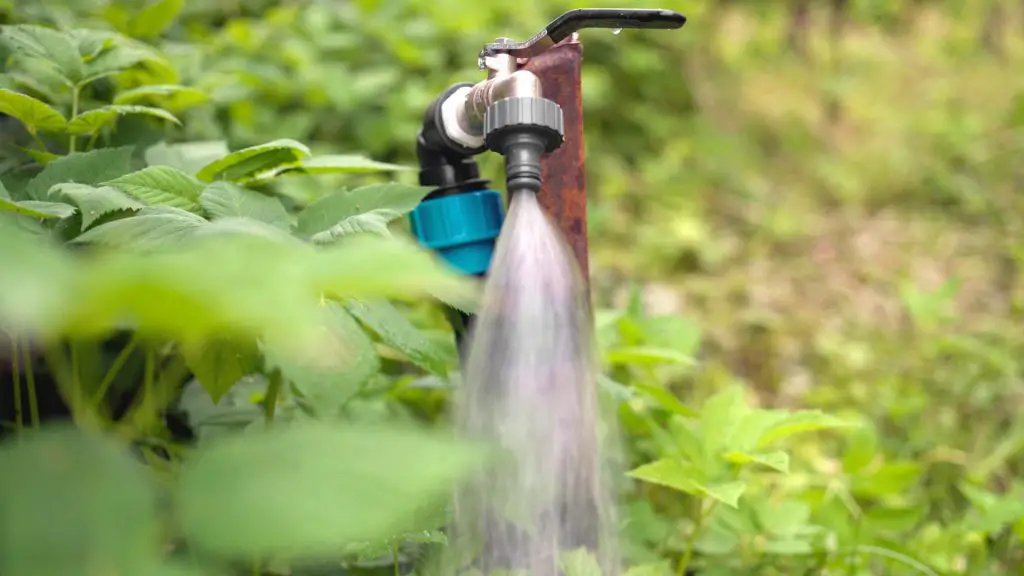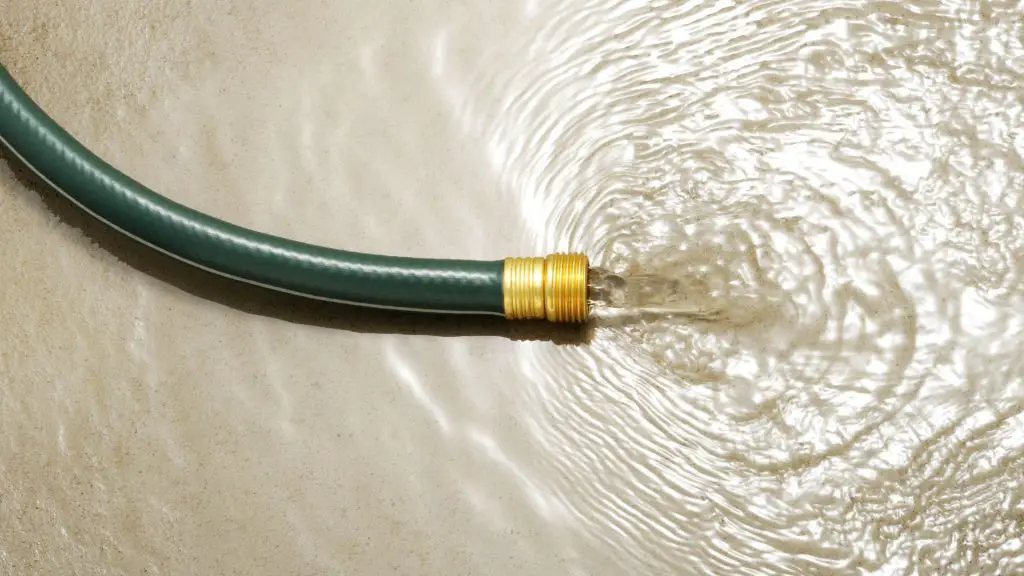It is said that the world has enough water to last for centuries, but this may not be the case. Fresh water is a valuable and limited resource, running out faster than we thought. Already, one in six people lack access to clean water, which will only increase as the population grows, and the climate changes. If we want to avoid a major water crisis in the future, we need to take action now. Today we will answer the question, “Will water run out?”

One way to conserve water is by using less of it. We can do this by taking shorter showers, watering our plants less often, and using more efficient appliances. Another critical step is investing in new water technologies to help us operate our resources more wisely. Technologies like desalination and wastewater recycling are becoming increasingly important as our supplies dwindle.
We also need to think about how we use our water resources. In many areas, we waste water by overusing irrigation and industrial processes. Too much water also leads to flooding, another big problem in many parts of the world. The good news is that there are ways to use less water.

Causes: Overconsumption and pollution
Water is a precious resource that is essential for life. Humans and other living creatures need water to survive,e and water are also used in many industrial processes. However, water is not an infinite resource,e and it is possible to run out of water. There are several reasons why people might run out of water.
One reason is overconsumption. If everyone consumed more water than was available, there would be a water shortage. Another reason for running out of water is pollution. Pollution can contaminate waterways, sot the water cannot be used for drinking, irrigation, or other purposes. When this happens, it can lead to a shortage of available water resources. Water is also used for many purposes other than drinking water. Industrial processes also use water, for example, to produce electricity and heat. These industrial uses of water are not included in the definition of water resources because they are less important than drinking water.

Effects: Water Shortages And Increased Food Prices
Water shortages and increased food prices are two possible effects of running out of water. In California, the ongoing drought has caused water shortages for residents and farmers. This has led to a decrease in crop production, which in turn has caused an increase in food prices. The lack of water has also reduced hydroelectric power generation, causing an increase in electricity rates. A nationwide water shortage could lead to similar consequences iff the United States experiences nationwide water shortages. A national water shortage could lead to similar results iff the United States experiences nationwide water shortages.
Energy production is also affected by rising energy prices. If the cost of oil increases, it will be more expensive to produce electricity using fossil fuels like natural gas and coal. If the federal government were to regulate the price of water, it could cause an increase in its cost. If the price of water were to increase, it would affect consumer spending habits and decrease food production. The increased costs of water wouldharmn the economy.

Solutions: Conservation, Technology, And Policy
Water is one of the world’s most important resources. It is necessary for human survival, and it is also essential for crops and livestock. Unfortunately, water is not always easy to come by. In some areas of the world, water is in short supply, and in other areas, the water supply is being threatened by climate change.
There are many ways to make sure that water doesn’t run out. Conservation is one way to manage water resources effectively. Technology can also help to conserve water. Policy changes can also help ensure everyone has access to clean water.
Water conservation measures can be as simple as using a sprinkler system on your lawn or as complex as redesigning a city’s sewer system so that it doesn’t dump raw sewage into the water supply. The Water Quality Assurance (WQA) program is an excellent place to start for information about these different ways to conserve water. The WQA program is administered by the U.S.

Conclusion: The Need For Action To Prevent A Water Crisis
Water is essential for life. It is necessary for drinking, cooking, and cleaning. It is also crucial for agriculture and industry. Yet, water shortages are a serious global problem. This article discussed the need for action to prevent a water crisis.
Over one billion people worldwide do not have access to safe water. This lack of access leads to disease and death. Every day, more than 5,000 children die from diseases that could have been prevented with clean water and proper sanitation.
Water shortages are also a problem in developed countries. In the United States, for example, 40 percent of all freshwater withdrawals are used for agriculture. And in California, which is currently experiencing a severe drought, farmers are drilling more than 1,000 feet deep to find groundwater. Fortunately, there are solutions. The first step is to recognize the problem. About one in every three people worldwide does not have access to safe drinking water. And more than 700 million people do not have access to electricity.
For the better of everyone, don’t waste water.
